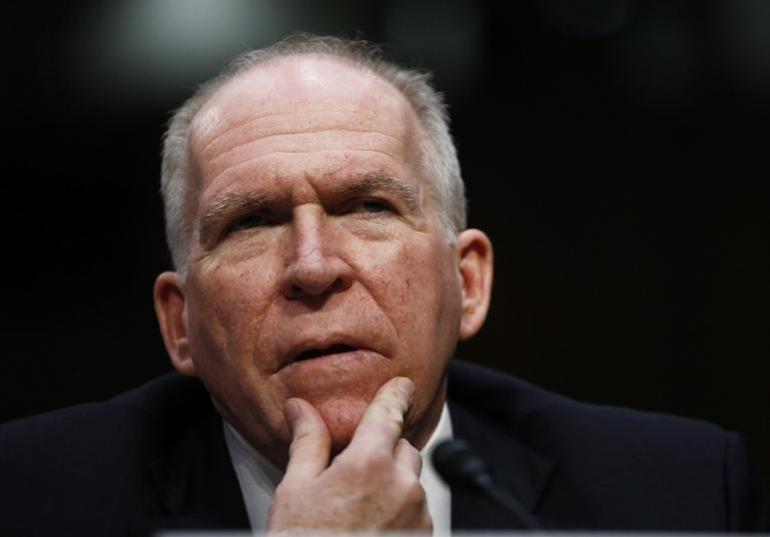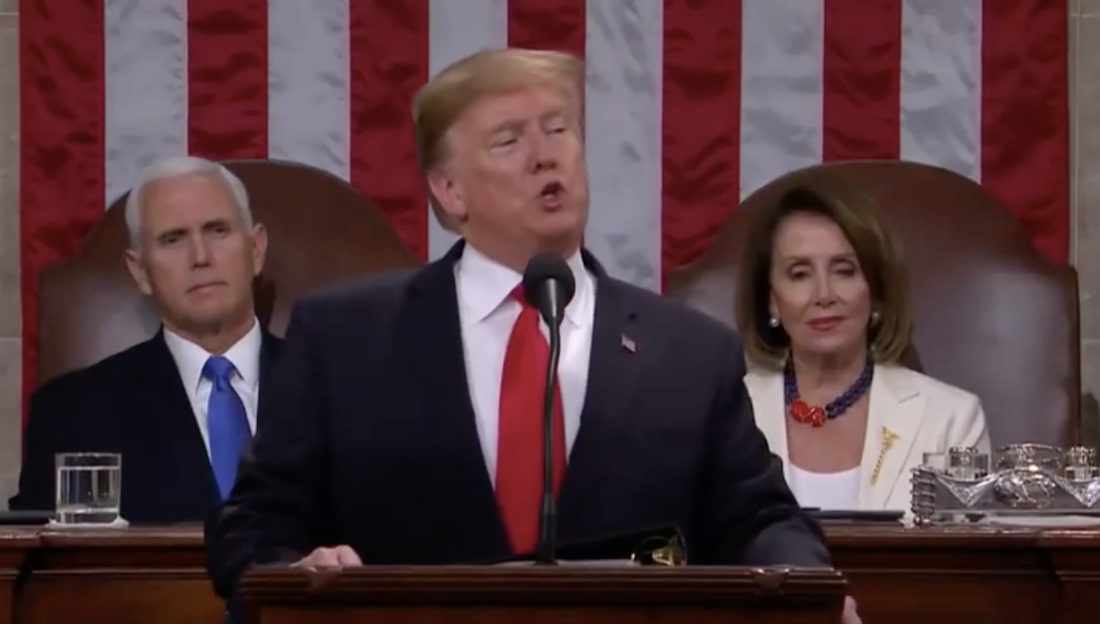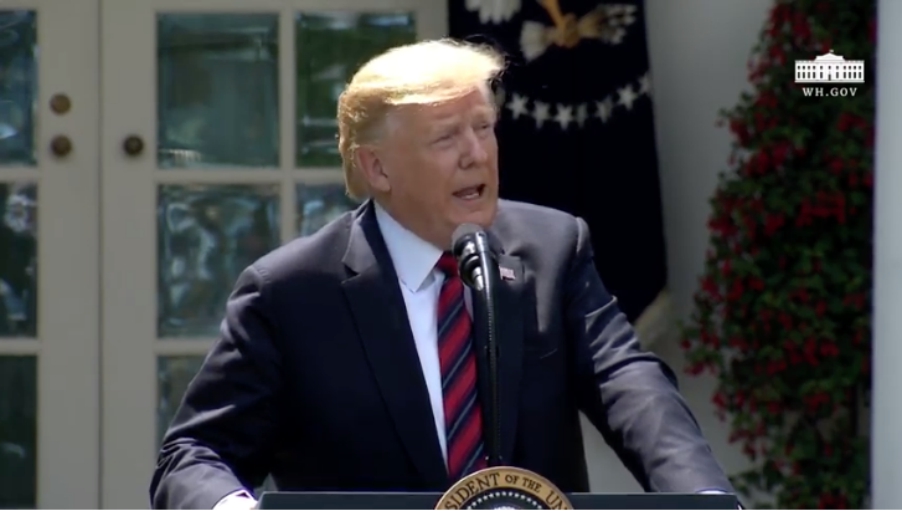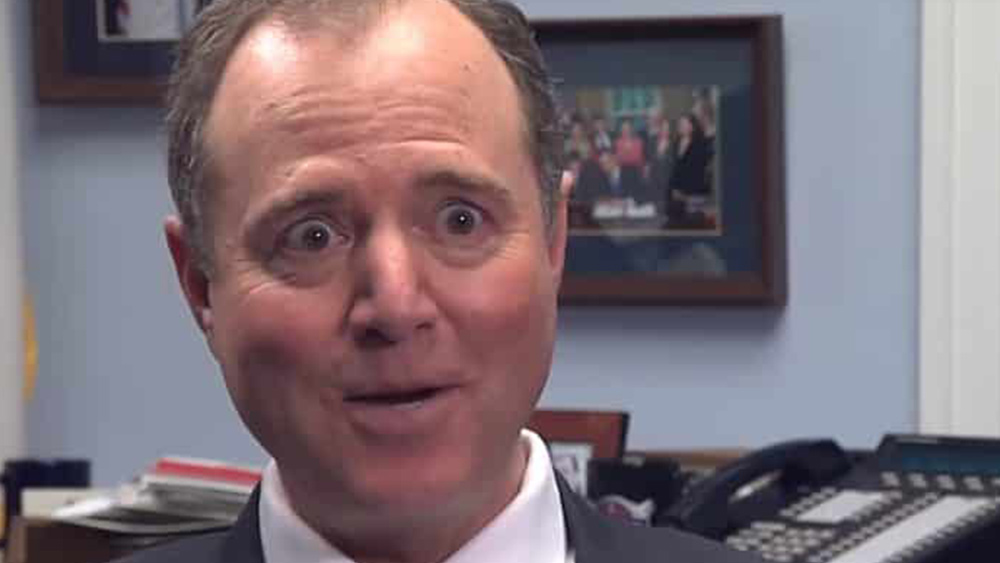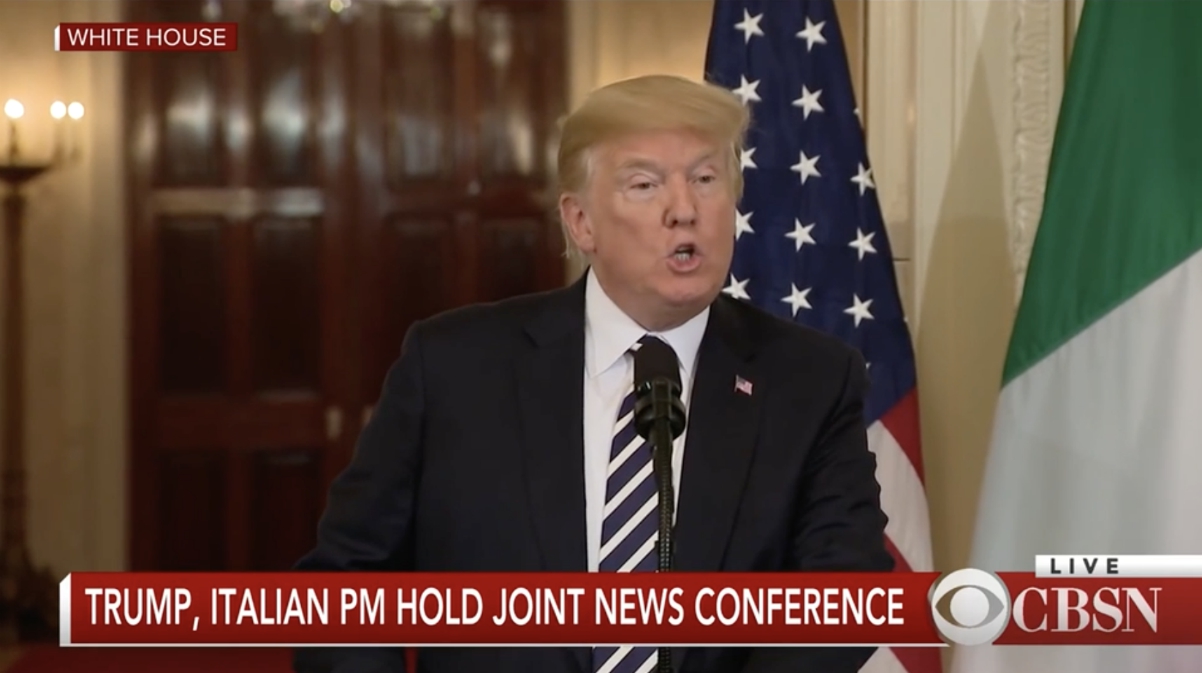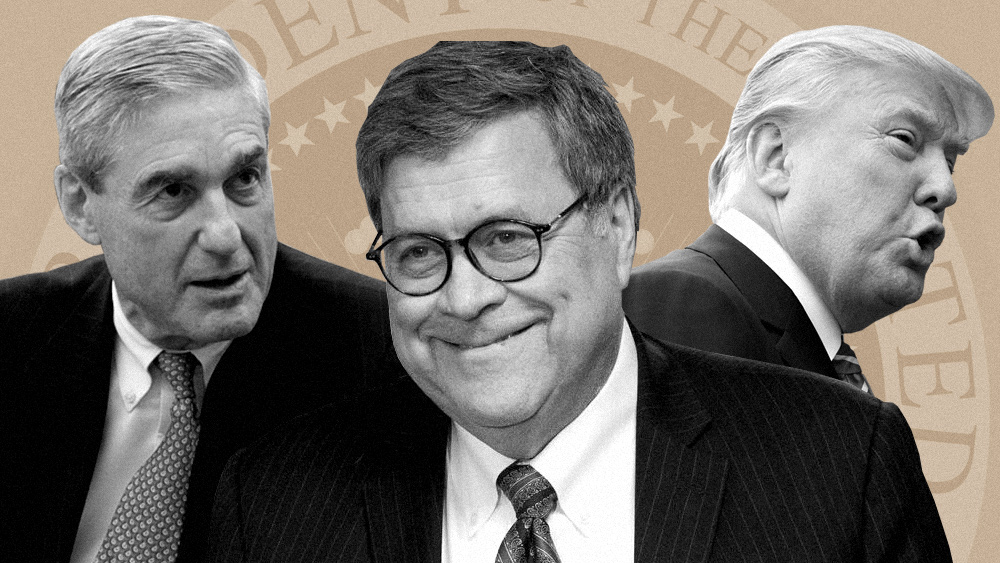BREAKING: FISA court rules FBI’s use of foreign surveillance tools against Americans was a huge violation of the law and the Fourth Amendment
10/08/2019 / By JD Heyes
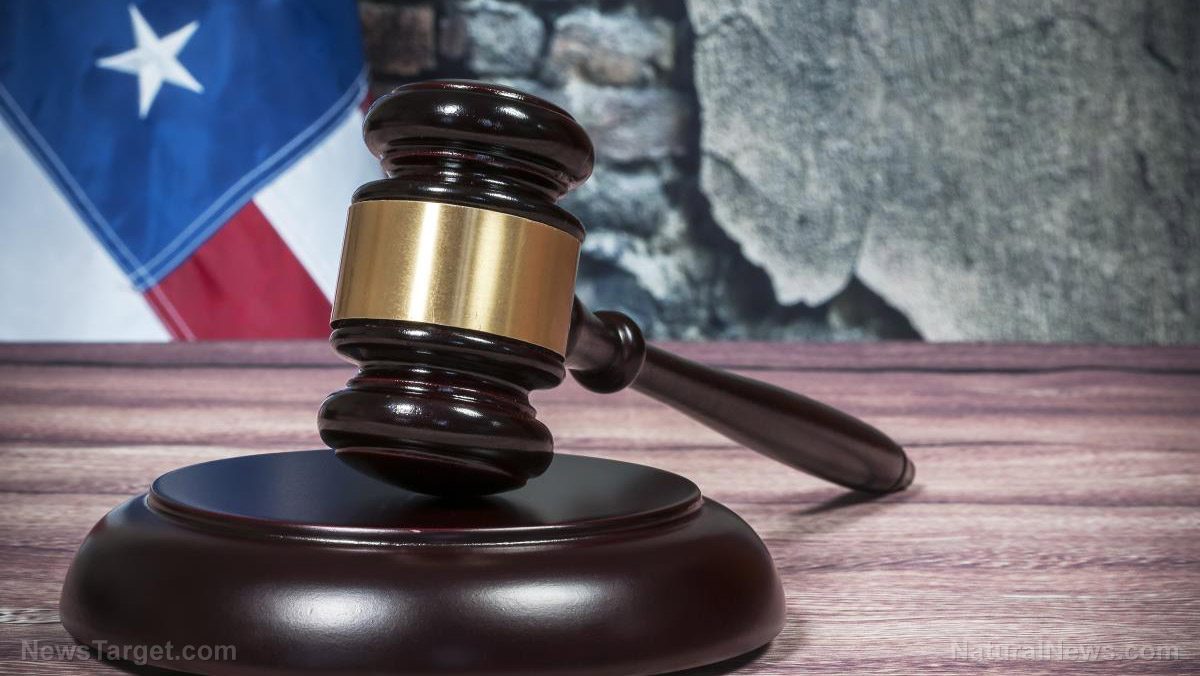
Sometimes we have to shake our heads at the inertia of government — the processes that our system goes through just to validate or prove a founding constitutional principle.
For instance, it should be self-evident that any law that deprives an American of their Second Amendment right to keep and bear arms should be unconstitutional — period. The amendment states the right to “keep and bear arms shall not be infringed.” Laws that deprive an American citizen of that right in any way is an “infringement” and, thus, unconstitutional.
The same is true with our constitutional right to privacy — “to be secure in their persons, houses, papers, and effects, against unreasonable searches and seizures, shall not be violated,” as the Fourth Amendment states.
That seems pretty straightforward. So why does it take years and years of violations and federal court rulings to uphold a right that is clear and concise?
But it has.
The Foreign Intelligence Surveillance Act (FISA) court ruled last year that the FBI’s use of electronic surveillance tools to scoop up terabytes of data on Americans — without a warrant or probable cause — is a violation of federal law and the Fourth Amendment.
The Wall Street Journal reports:
The intelligence community disclosed Tuesday that the Foreign Intelligence Surveillance Court last year found that the FBI’s pursuit of data about Americans ensnared in a warrantless internet-surveillance program intended to target foreign suspects may have violated the law authorizing the program, as well as the Constitution’s Fourth Amendment protections against unreasonable searches.
The paper noted further that the court “concluded that the FBI had been improperly searching a database of raw intelligence for information on Americans — raising concerns about oversight of the program, which as a spy program operates in near secrecy.”
It shouldn’t take a federal court to protect a basic constitutional right
Maybe if that goofball partisan Adam Schiff, head of the House Intelligence Committee, was more interested in providing oversight of the intelligence community on behalf of Americans instead of trying to impeach President Trump for a hoax, he could have learned about this much sooner.
In any event, the fact that our country’s spy agencies have to conduct much of their work in secrecy is understandable. You can’t be transparent about spy programs because it would, of course, tip off our enemies.
But that’s where the House and Senate intelligence committees come into play. They are responsible for keeping agencies like the CIA and FBI operating within the confines of the Constitution, which the intelligence community and the FBI seem to habitually violate.
The FISA court identified “tens of thousands of improper searches” by the bureau in 2017 and 2018 that were deemed improper, the WSJ reported, “in part because they involved data related to tens of thousands of emails or telephone numbers.”
The FBI appeared to be searching the raw intelligence info to vet its own personnel and sources that were cooperating. But under federal law, the bureau is only permitted to use that database in connection with efforts to find evidence of a crime or for foreign intelligence.
Seems that the FBI under Obama’s pet bureau director, James Comey, was used to violating the constitutional rights of ordinary Americans; no wonder that same bureau had no problem using ‘counterintelligence’ resources to stage a coup attempt against a duly elected chief executive, President Donald Trump.
So it’s good that The Wall Street Journal reported this. It’s good that the FBI was caught by the FISA court and the practice — ostensibly — shut down.
But Americans concerned about the viability of their country are sick and tired of being ‘informed’ about wrongdoing without seeing those guilty of doing wrong indicted and, ultimately, jailed.
Because here’s the thing: Identifying corruption won’t serve as a deterrent to future corruption nor set an example for federal agents and employees. Only indictments and convictions with real jail sentences will do that.
Sources include:
Tagged Under: Collusion, consequences, conspiracy, Constitution, corruption, database, deception, deep state, electronic surveillance, FBI, federal law, FISA court, Fourth Amendment, fraud, intelligence community, James Comey, President Trump, privacy violation, raw data, Second Amendment, Spygate, surveillance, unconstitutional, violation, Wall Street journal
RECENT NEWS & ARTICLES
COPYRIGHT © 2017 WHITE HOUSE NEWS

